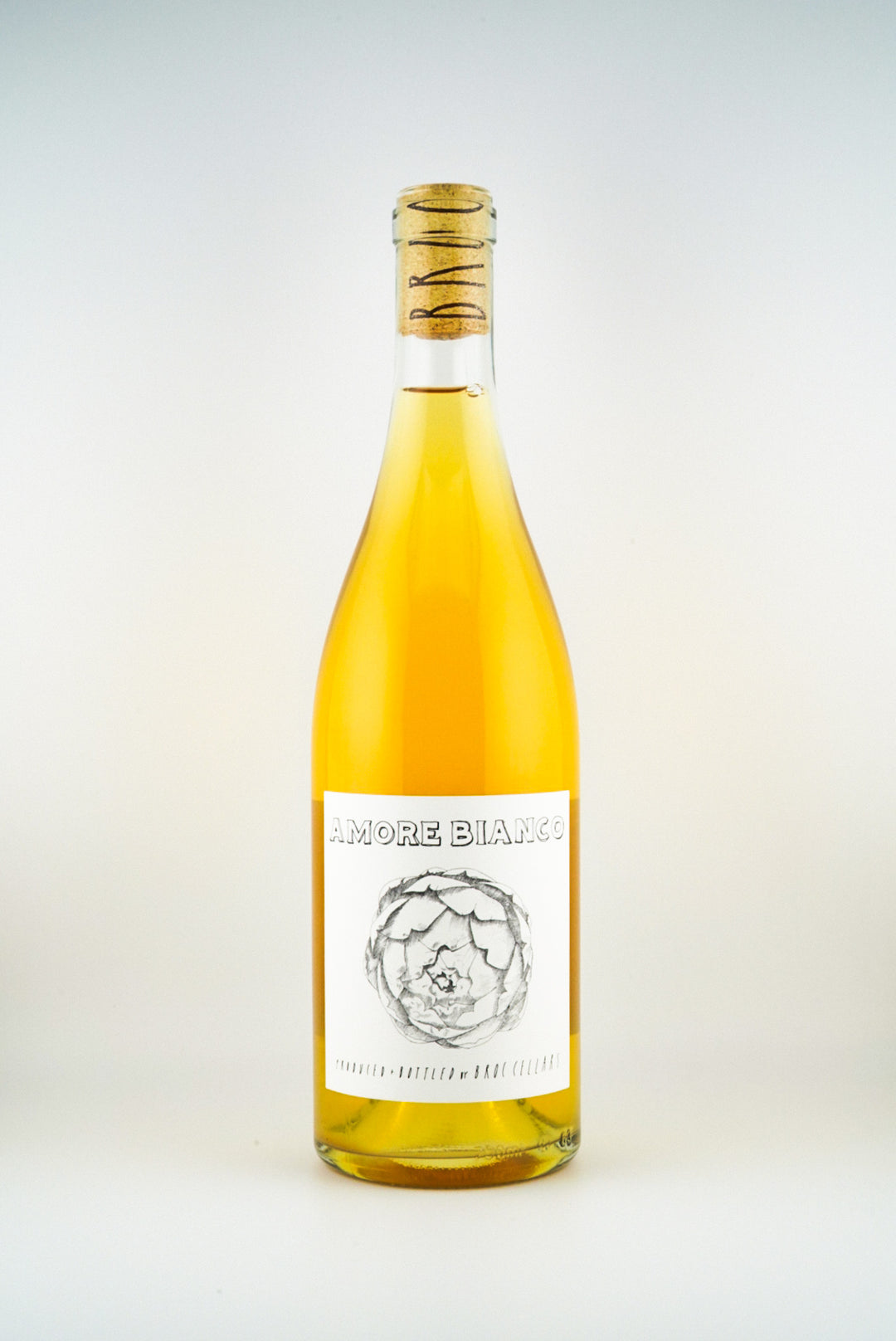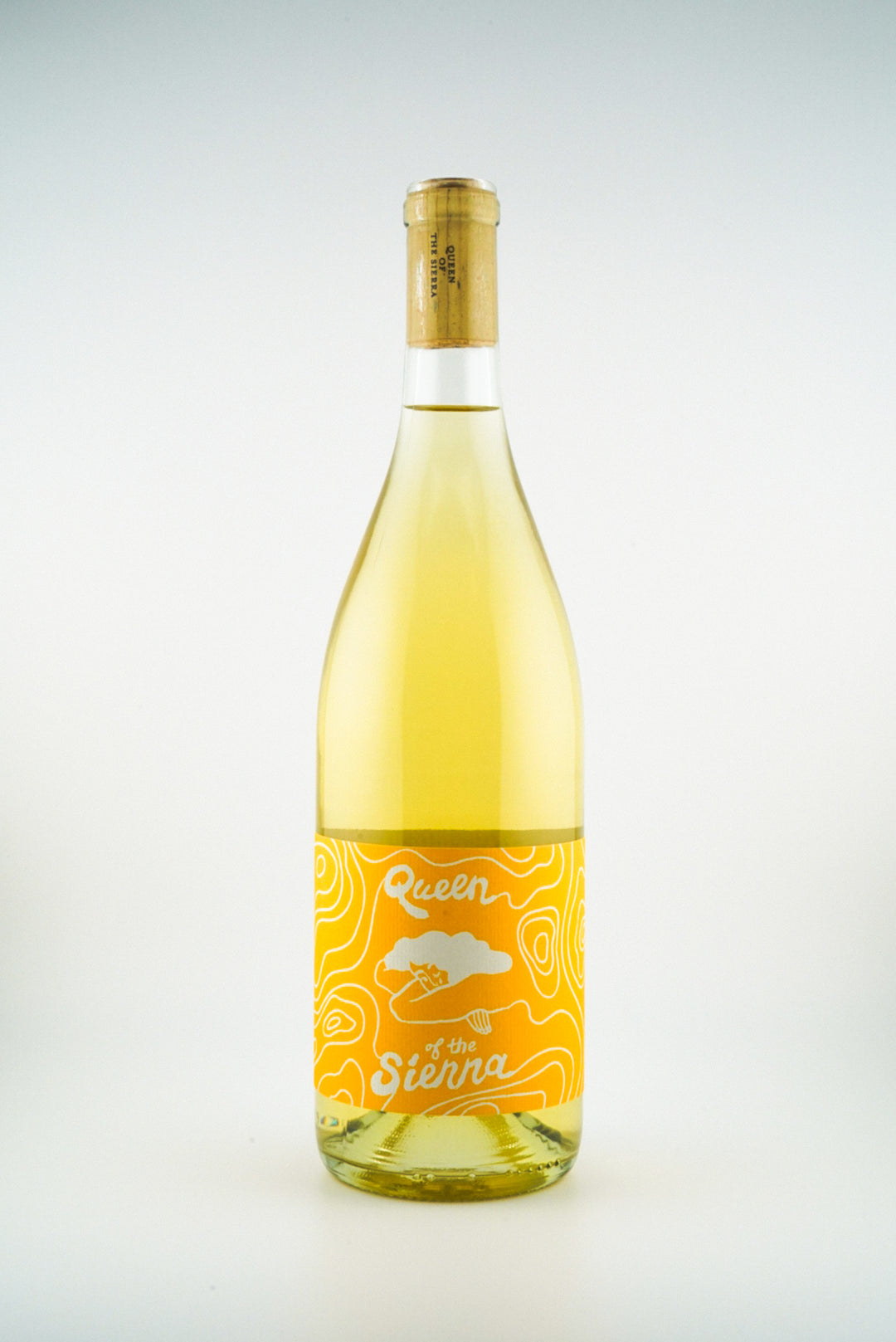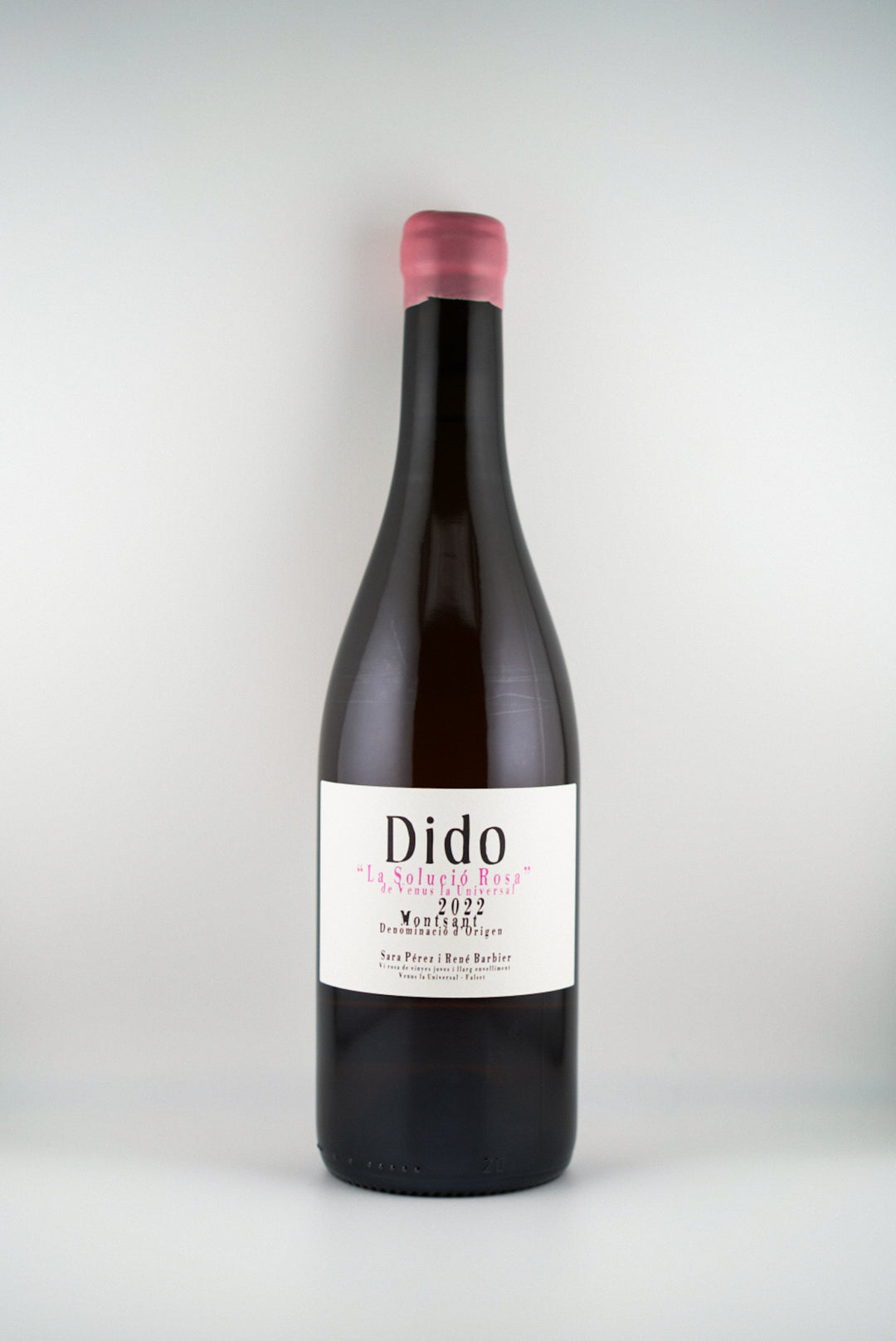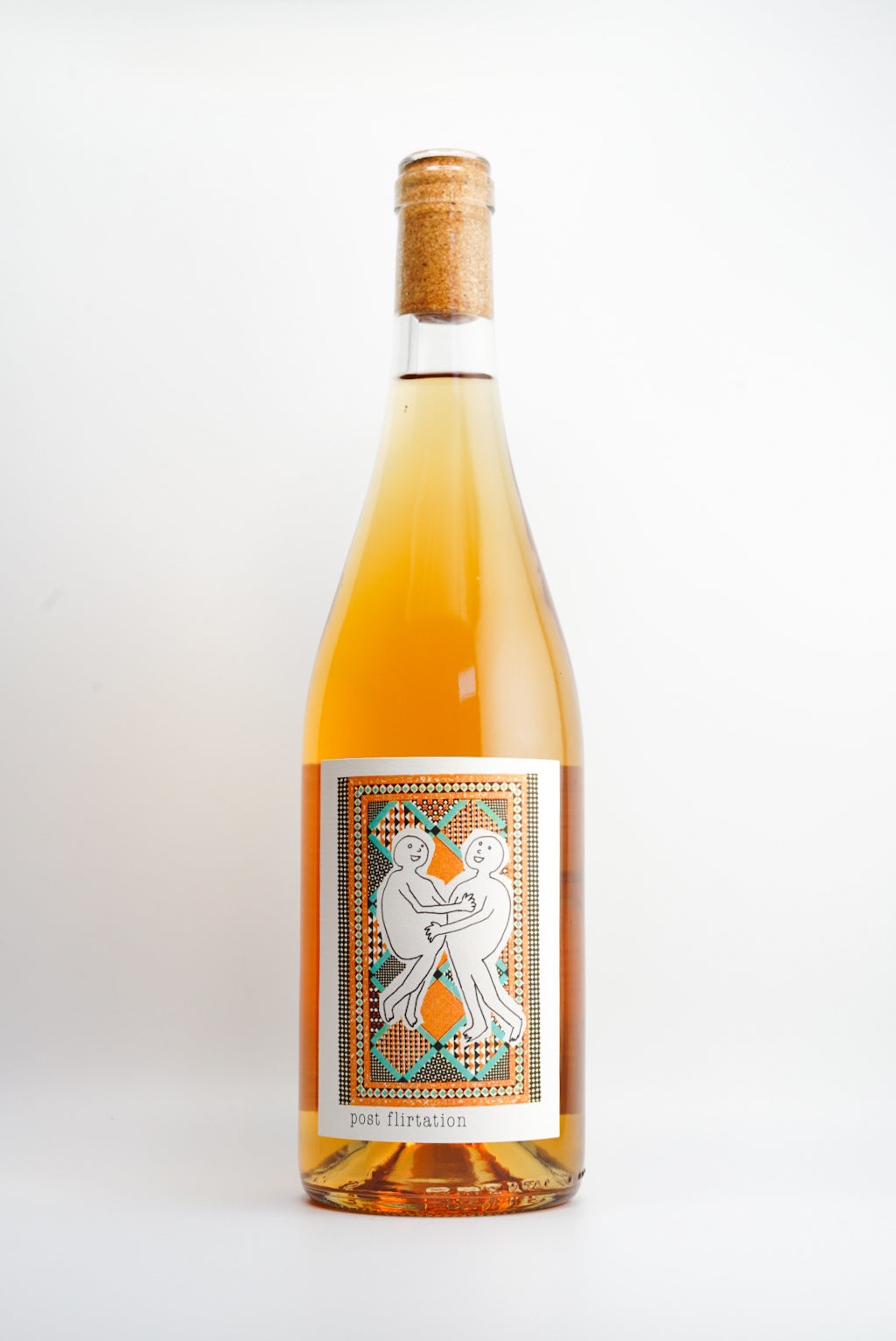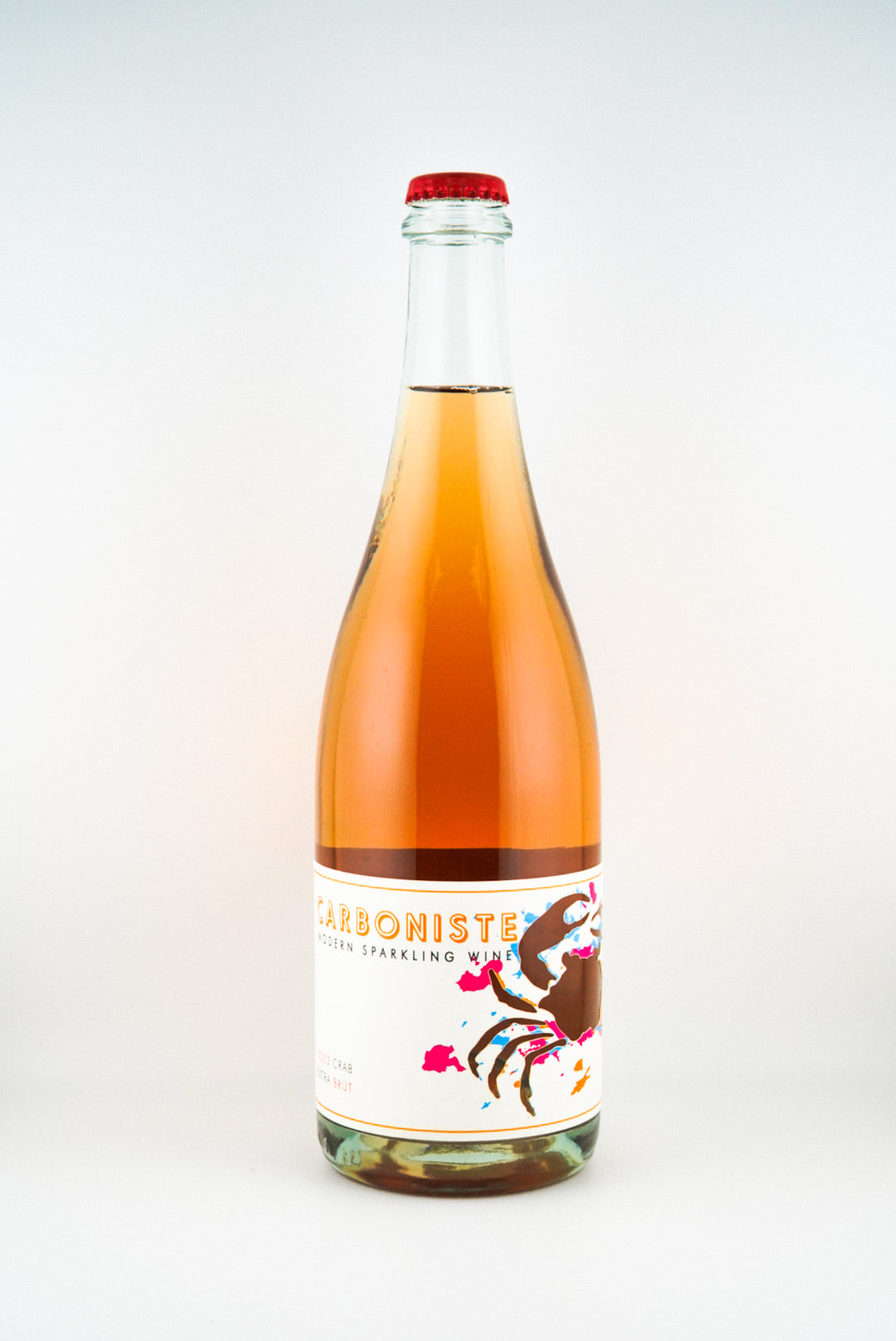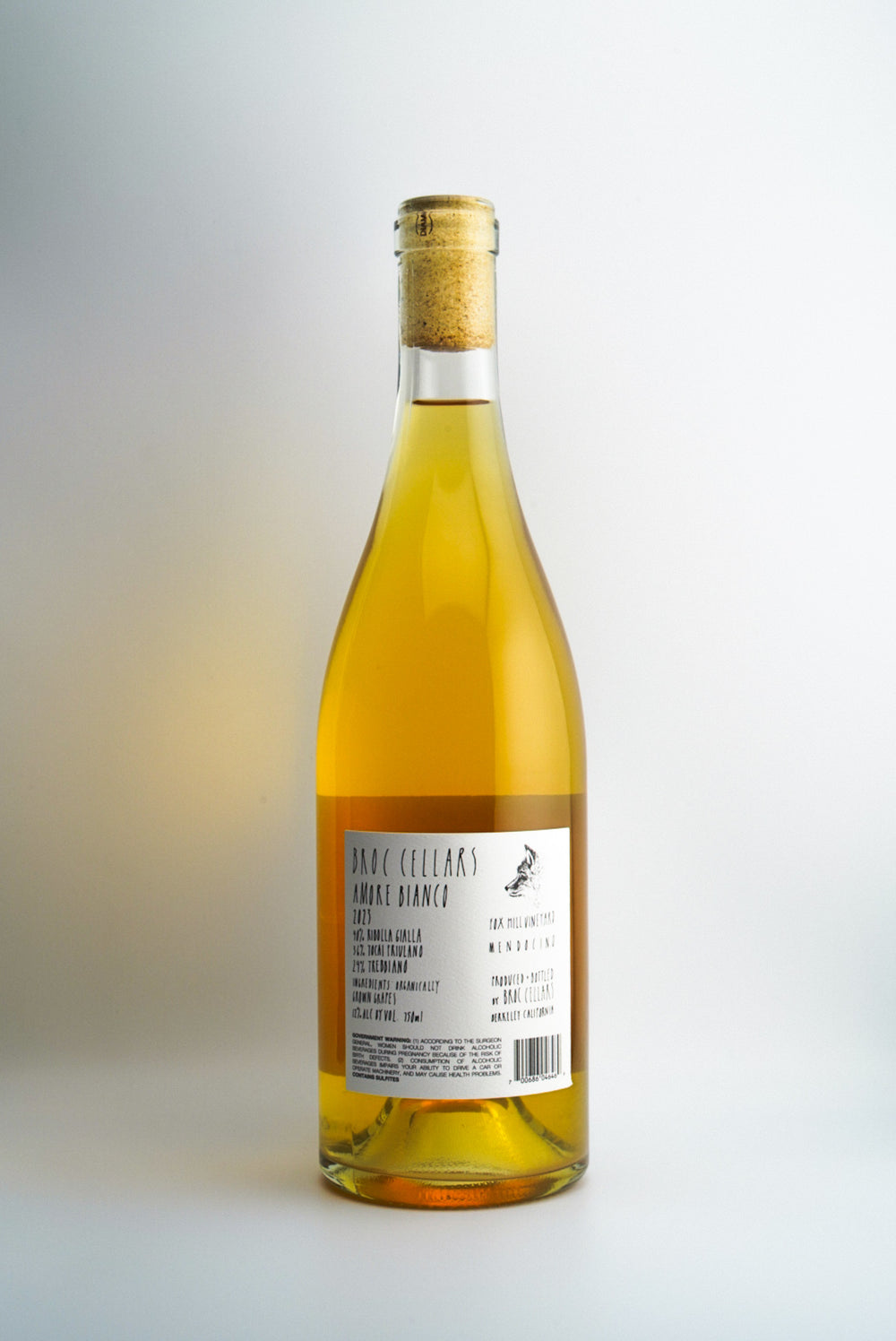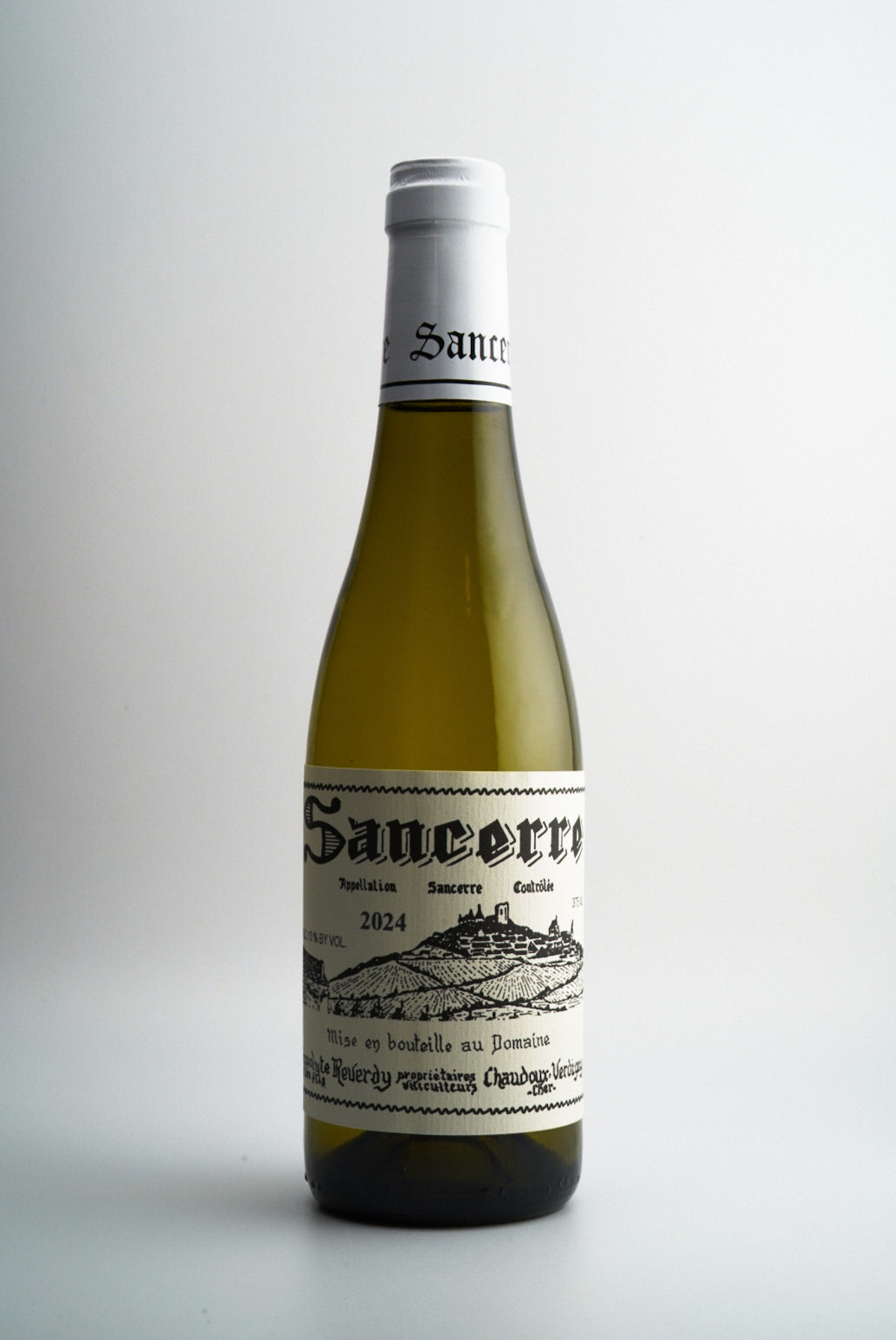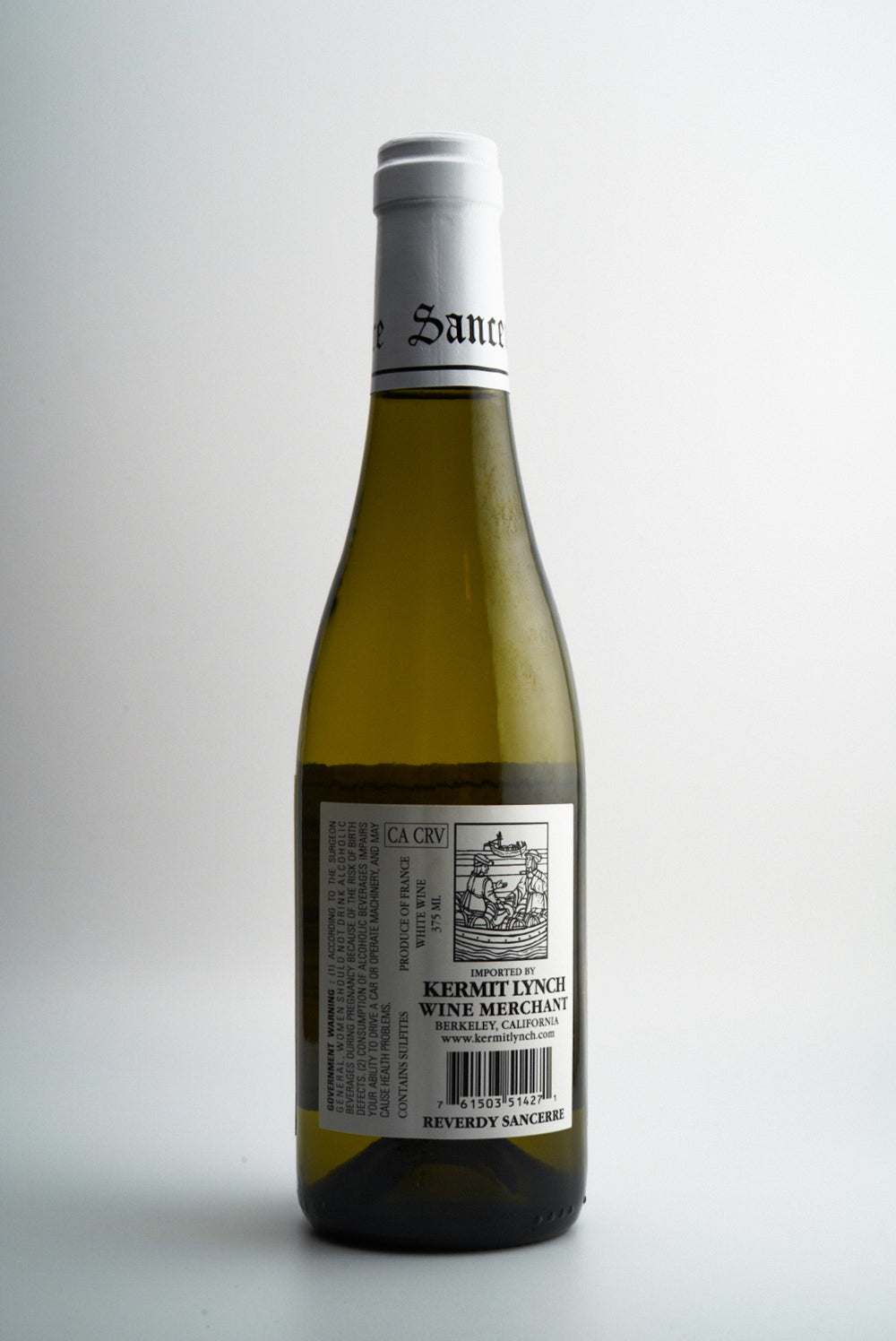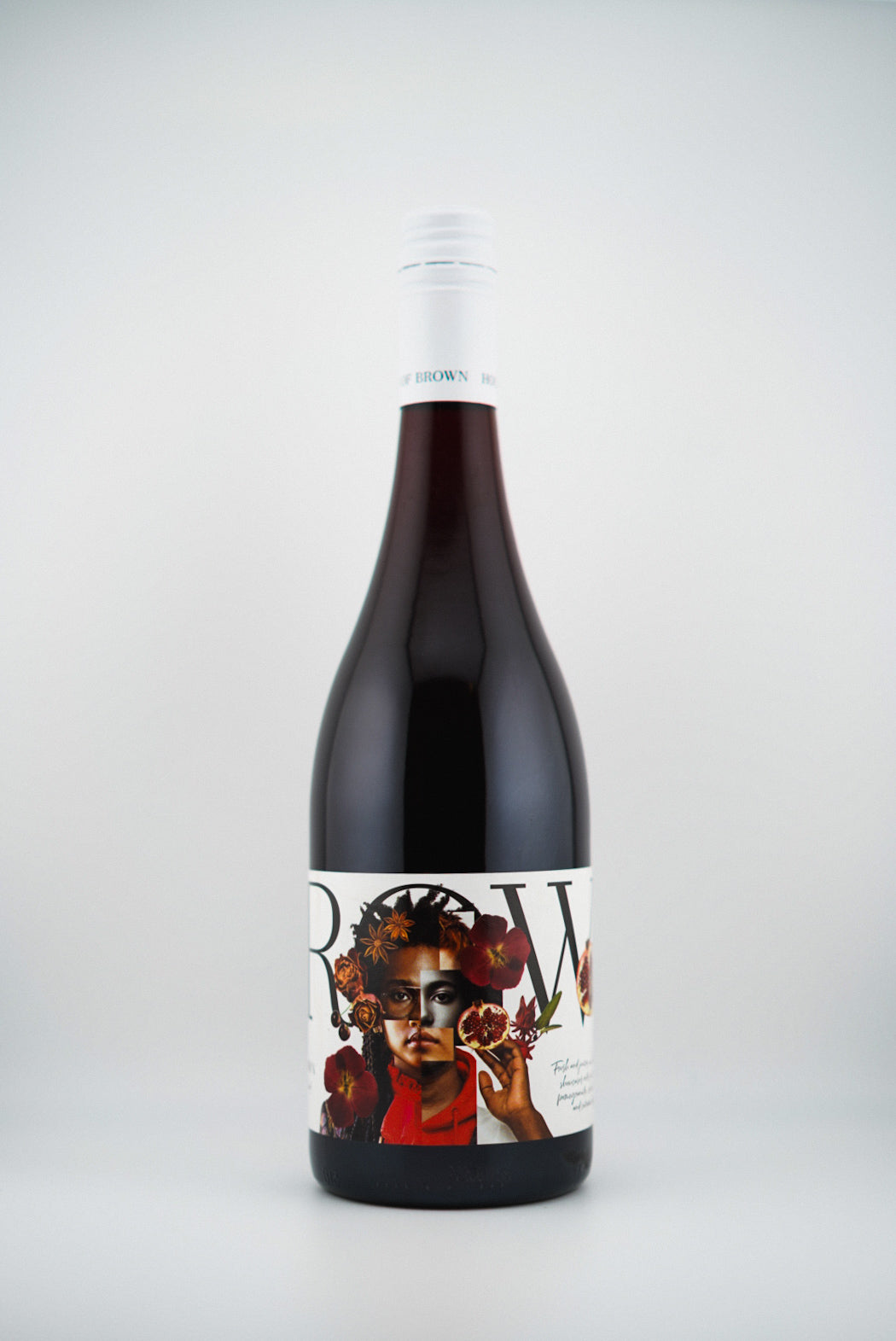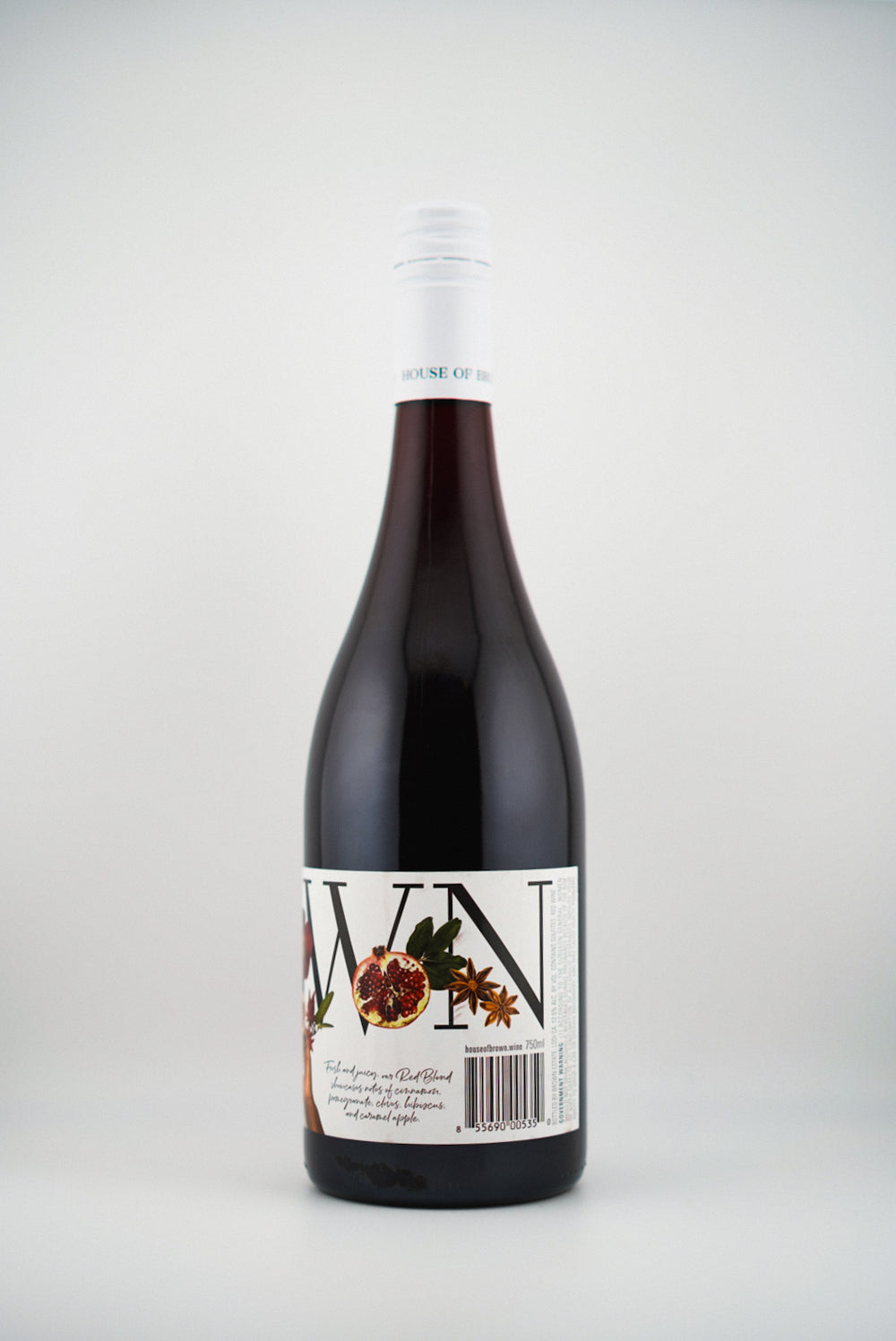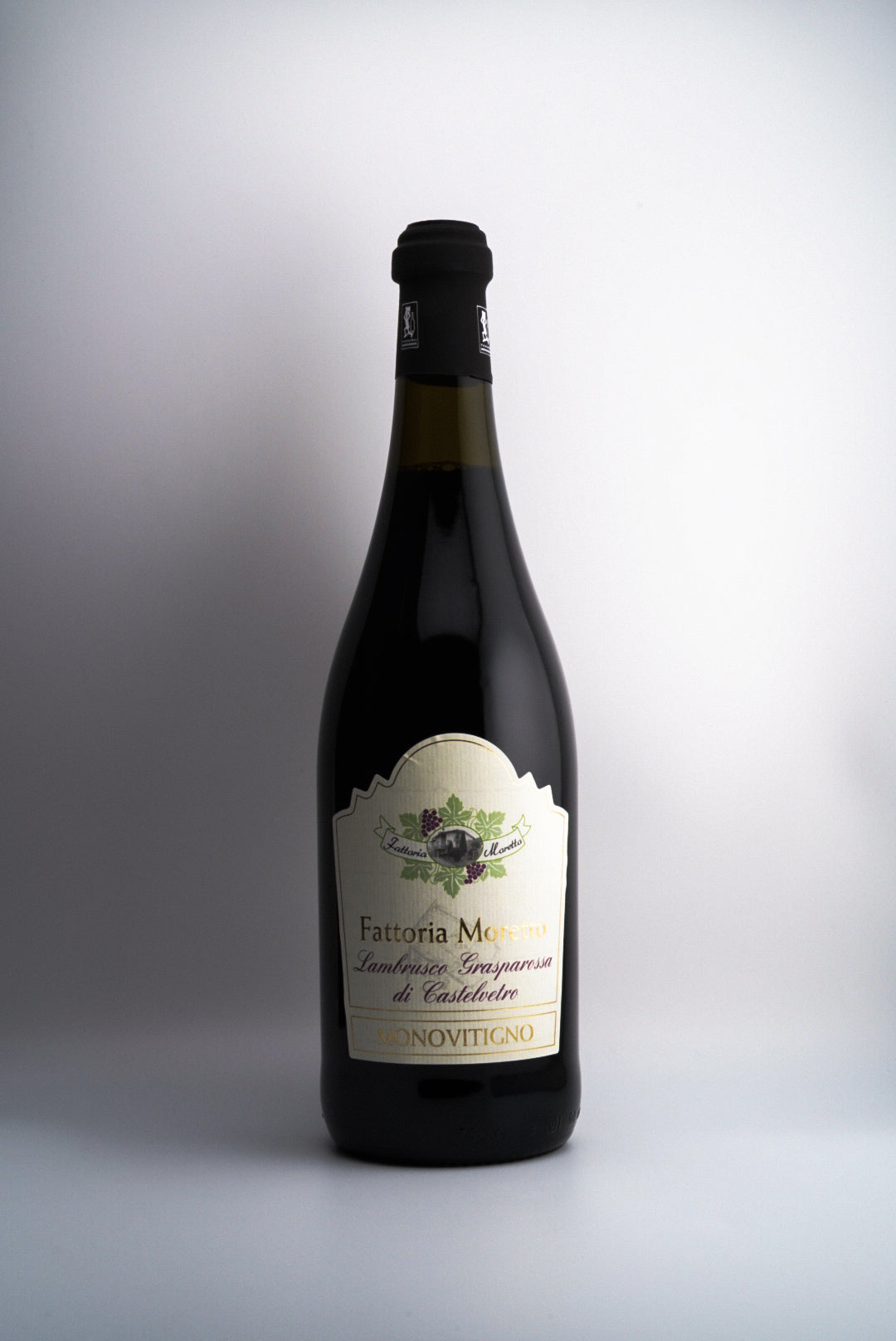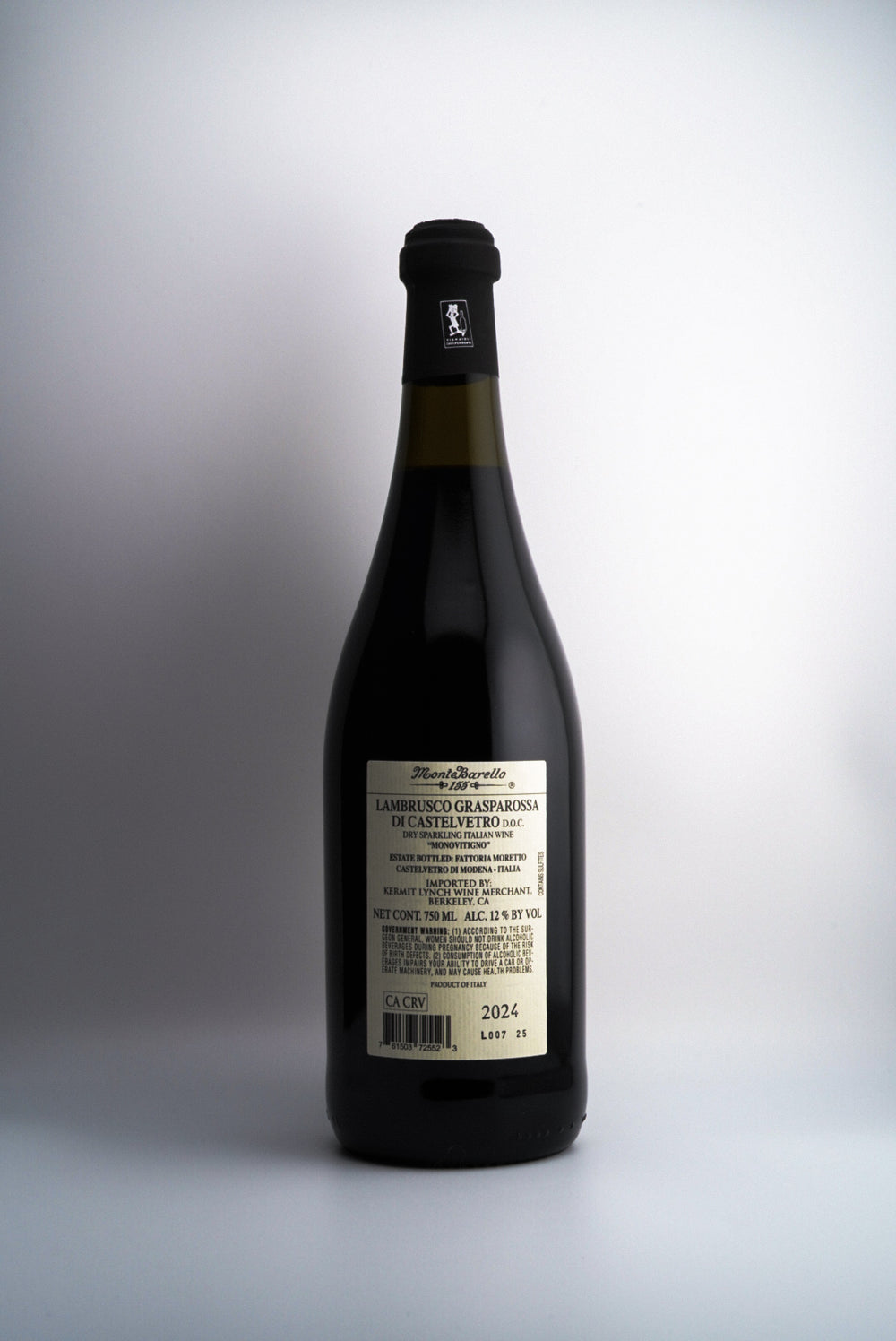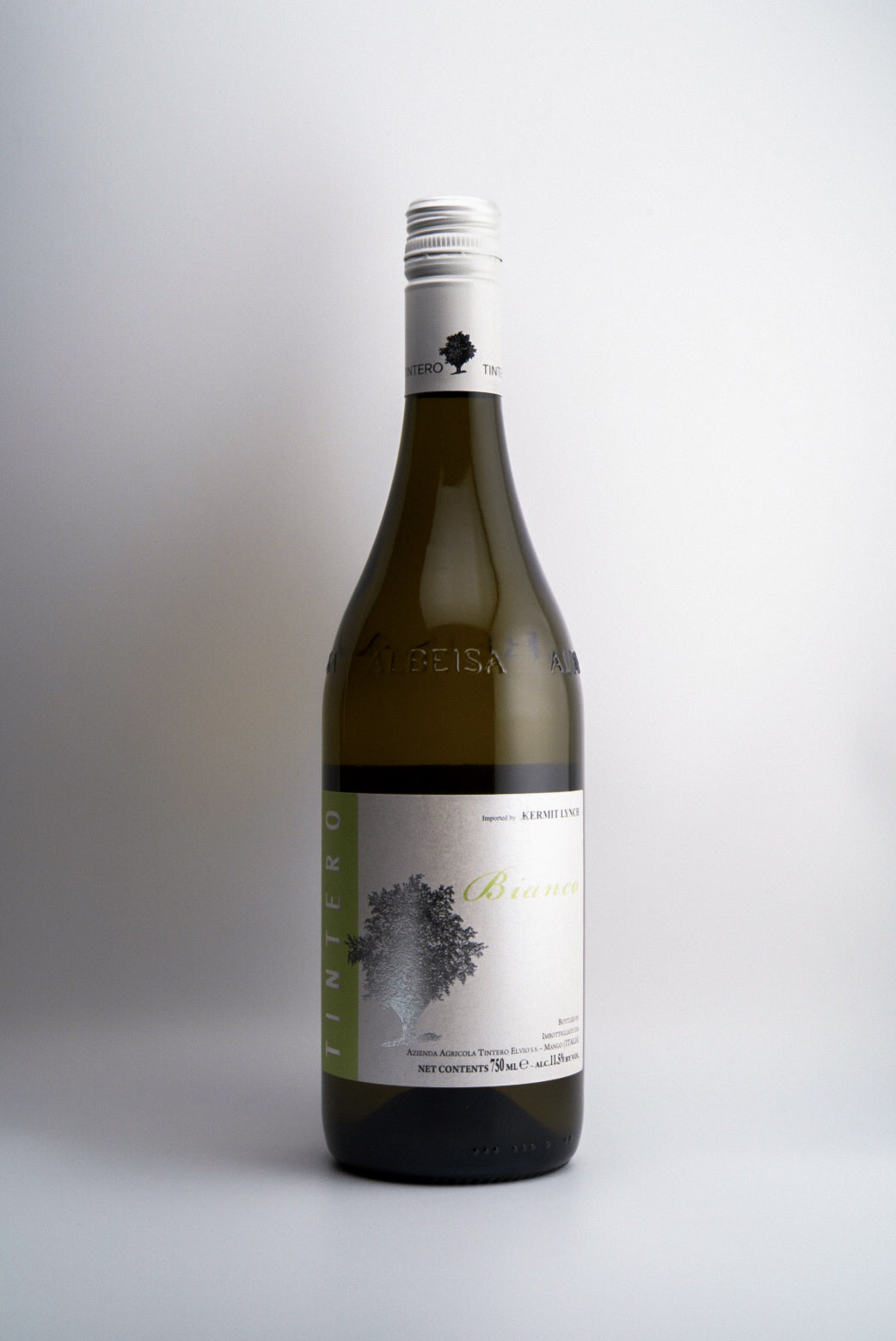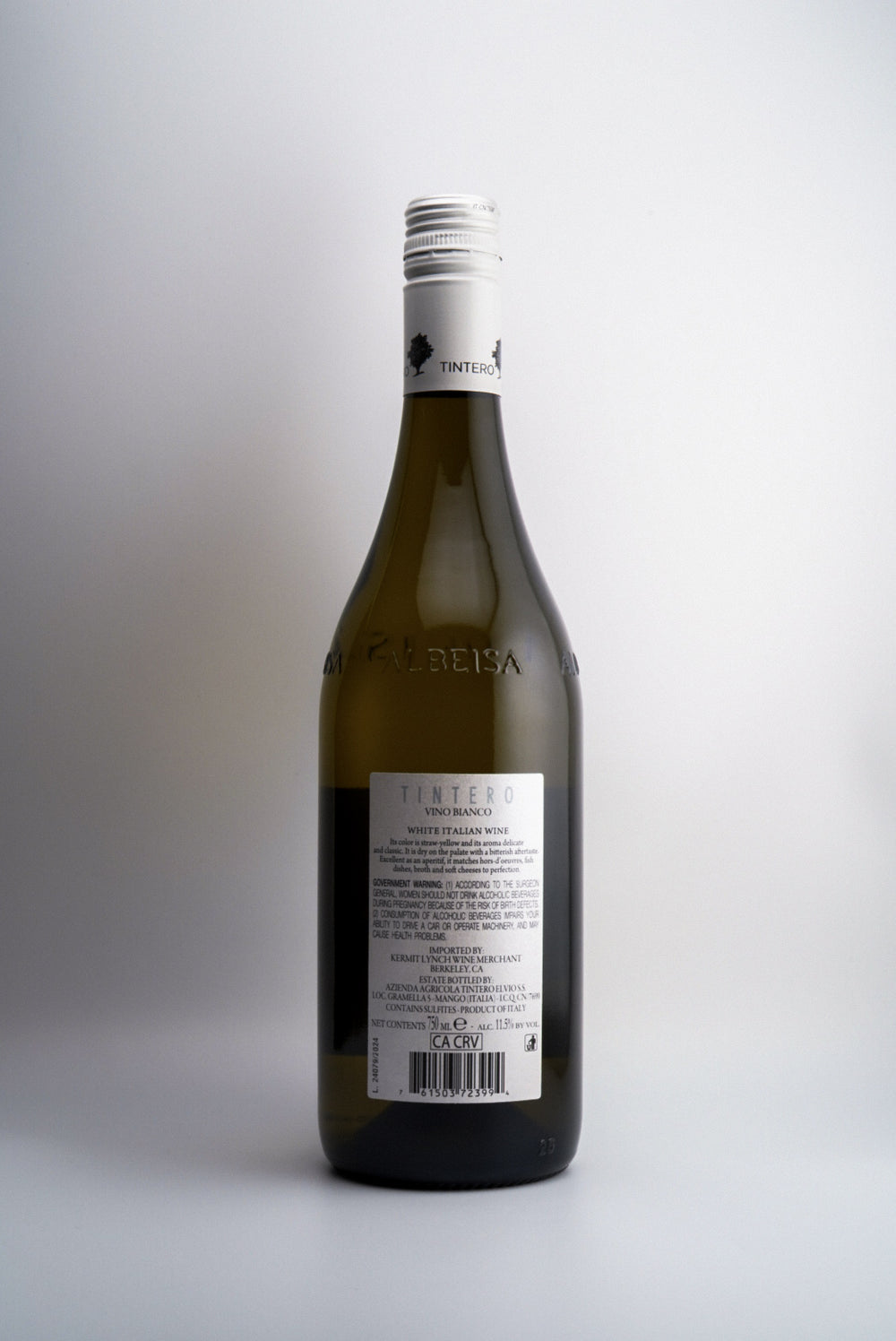Dry January is over, the abstinence push continues (and our response to WHO article)
Dry January has come to an end, but the abstinence push from media sources all over the United States continues. If you're in the drinks space, or even if you're not, this seems to be a hot topic, and we wonder how long it is going to stay in the limelight.
What's our take on it?
Vocabulary Common Ground
Alcohol, specifically ethyl alcohol, in its purest form, is a colorless volatile flammable liquid (chemical formula: C2H5OH) that is the intoxicating agent in liquor, beer, and wine and is also used as a solvent and in fuel.
Therefore, alcohol can be used as a drug, that is, a medicine or other substance that has a physiological effect when ingested or otherwise introduced into the body.
The most common way humans use ethyl alcohol as a drug is by consuming it in its diluted form, either as beer, wine, or liquor. ABV (alcohol by volume) denotes how much pure ethanol is contained within the beverage as a percentage of its entirety. Usually, beer stays under 10% and wine stays under 17%. Liquor is commonly 40% ABV (due to shipping regulations, anything higher begins to be a flammable HAZMAT substance.)
Now, for reference
The graph below, from Alcohol.com (using data sourced from the WHO) sets the United States firmly in 25th place for pure alcohol consumption per capita. This helped us think about this topic in relation to the U.S. because we thought we would be topping the list, but, in fact, we are not.
 Source: Alcohol.com
Source: Alcohol.com
Now, let's look at a graphic of the top causes of death around the world. Alcohol use is just behind "Outdoor particulate matter pollution" at 2.44 million deaths annually, estimated, from 2019 data. This number poses a problem, however, this is 22% of the number of deaths caused annually by high blood pressure and 49% of the deaths caused by obesity.
 Source: Our World in Data
Source: Our World in Data
Now for another graphic. This one shows the percentage of road traffic deaths that can be attributed to alcohol consumption in some way. America is towards the top of all countries at 29%. The average of all countries is 16%. The mode is 17%.
Driving drunk is a huge issue, and those who do this are making the wrong choice if they are coherent enough to think for themselves, and if they are blacked out and don't remember choosing to drive, well, they chose to black out, or chose to drink irresponsibly, and thus, they are now responsible for whatever choices their body and brain operating in a subconscious/conscious union of shittyness makes.
Enough about that, drunk driving is shitty, but humans are the cause of this, alcohol doesn't contain within itself the guaranteed effect of making people make that choice. This leads us to our opinions on abstinence later on, so hold tight.
 Source: Our World in Data
Source: Our World in Data
Our Opinion on the WHO article "No level of alcohol consumption is safe for our health"
It's easy to recommend abstinence as the way to solve all the problems related to alcohol and health. OBVIOUSLY. This is the stance of the WHO. This is the guaranteed solution if everyone abides. This is the easy way out. This recommendation takes ZERO empathic skill and ZERO effort, but, it is the right choice for the WHO. The fact that abstinence would solve all problems related to alcohol in the United States cannot be argued. It is highly logical. Consuming alcohol in any form cannot be good for a human's health — this also makes a lot of sense.
In the article, Dr. Carina Ferreira-Borges, acting Unit Lead for Noncommunicable Disease Management and Regional Advisor for Alcohol and Illicit Drugs in the WHO Regional Office for Europe says:
"We cannot talk about a so-called safe level of alcohol use. It doesn’t matter how much you drink – the risk to the drinker’s health starts from the first drop of any alcoholic beverage. The only thing that we can say for sure is that the more you drink, the more harmful it is – or, in other words, the less you drink, the safer it is."
Is there a minimum amount of high fructose corn syrup deemed safe and not attributable to obesity deaths or cancer-related deaths? Is there a recognized safe amount of canola oils or vegetable oils that cannot be attributable to heart failure? Is there a minimum amount of plastic consumption deemed safe for humans that cannot be related to cancer? Is there a minimum amount of chemicals we can breathe in from air pollution that cannot be traced to lung cancer? Is there a minimum amount of time behind the wheel of a car that will guarantee that we cannot die on the road? Is there a minimum amount of time that we should spend outside so that the risk of being hit by a driver or struck by lightning or developing skin cancer is at or near zero? What is the life we need to live to cut down our chance of premature death? Do we want this life?
Life is all about risk management. We make choices every day that determine our future. Driving is insanely dangerous, but it's a risk we are willing to take to be connected to loved ones and work. Work is highly stressful for many, and this too leads to a shortened life, but we must work to be able to eat and drink and survive longer than if we didn't work a stressful job.
Now, if we safely survived sleeping and woke up, and if we put on our shoes and left the safety of our house (that magically didn't fall down on us in our sleep and kill us), and we transited to work without being killed by a drunk driver, and if we didn't have a heart attack and die at work, and if we safely ate McDonalds for lunch and didn't clog an artery and die, and if we hit the roads once more and transmitted back to the safety of our home without having blown a tire and flipped our car into the opposing lane of traffic, THEN why the hell should we not celebrate beating the odds of survival with a delicious glass of wine at the end of the day?!
We'll end this opinion piece, fittingly, by commenting on the conclusion of the WHO article:
“So, when we talk about possible so-called safer levels of alcohol consumption or about its protective effects, we are ignoring the bigger picture of alcohol harm in our Region and the world. Although it is well-established that alcohol can cause cancer, this fact is still not widely known to the public in most countries. We need cancer-related health information messages on labels of alcoholic beverages, following the example of tobacco products; we need empowered and trained health professionals who would feel comfortable to inform their patients about alcohol and cancer risk; and we need overall wide awareness of this topic in countries and communities."
And this we are totally okay with. Alcohol can lead to cancer in someone's life and a warning sign on the product somewhere can only better inform decisions — the more you drink, the more at risk you are. We should educate people on what alcohol can do to one's life if it is misused, and even if it is not; that there is still a sliver of a chance your body will develop cancer because you used alcohol. That is a risk you are taking by consuming alcohol. Remove that and you are good — there is ZERO chance you will die from alcohol consumption. Now let's work on the 15 other things that you do as part of a regular lifestyle that will also potentially kill you if consumed, or, if acted upon.
Connecting all this to wine (because we love and sell wine)
Humans have been drinking wine for thousands of years — it's something we have always done. Now, without thinking too hard about it all, can't an argument be made along with the law of averages that we have sustained this tradition of drinking for all this time for some positive reason? Is there something unquantifiably positive that wine has been providing us for all these years? Maybe wine is an essential aspect of community and life, and being human. If we didn't drink wine at all, where would we be? What would the world look like? If we didn't gather at pubs and converse with our friends over a bottle of wine about the crappy week at work we just had, or the various other struggles of life, then where would we be? Would we be better for it? These are the questions we ask to get us to think about whether or not wine is serving us as humans.
We know wine has the power to ruin a life when misused. When one drinks alone to escape or to forget, bad things can and do happen, and we should make every effort to show humans that there is a better way of coping.
We also know, when used responsibly, wine has the power to make friendships and memories that last a lifetime, and it has the power to both enrich a dish and a moment in time, and it has the power to shape community and to create change. It has the power to release tension and to find common ground. We believe in what wine can do for us, and we want it to be a part of life. Consumed responsibly, in moderation, with friends, and often with food, wine can be, and is, a force for good.
Cheers to that,
Andy, founder of Harvest Wine Shop
Wine 101

Holiday Pairing Guide — 10 Essentials Thanksgiving Wine Pairing Guide: 10 Wines for a Delicious Feast Thanksgiving is our favorite kind of chaos: a table full of savory, sweet, crunchy, and creamy — all at...
Read more →Latest articles
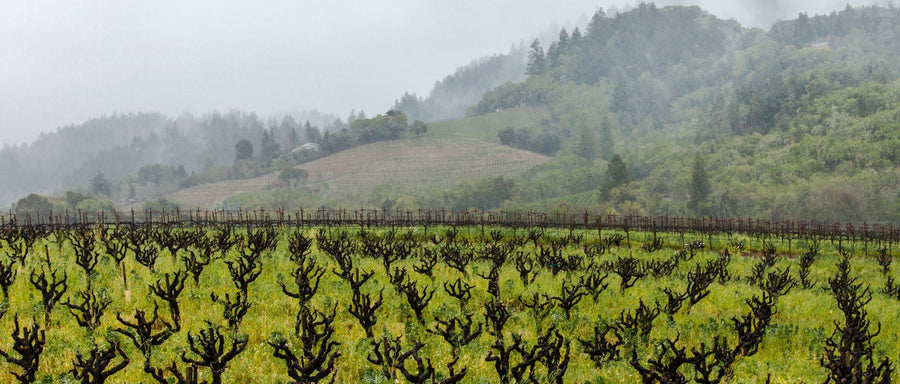
Wine Education · Opinion Don’t Fear Non-Vintage: The Case for Blending Across Seasons We expect wine to behave like a time capsule. One year, frozen in glass. But a single season can be cruel or kind, and ...
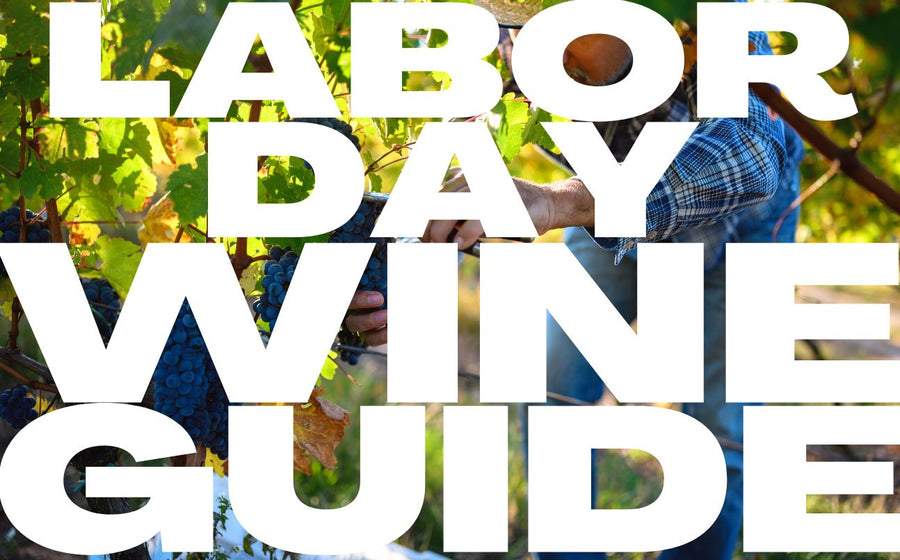
What's Below: BBQ & Grilling Perfect Red Wines Meat & Wine Matches Veggie Grill Wines Pool Party Essentials Crisp White Wines Rosé All Day Sparkling Options Party Planning Ho...
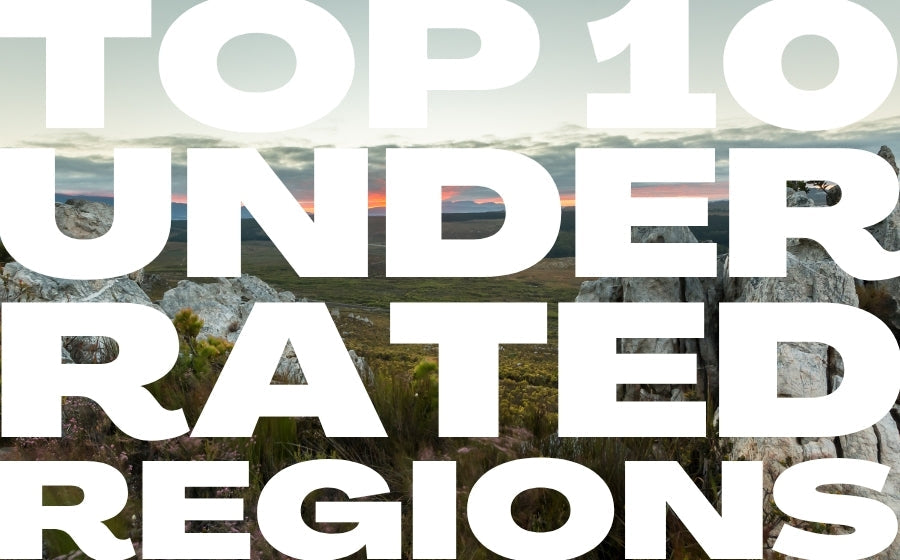
What's Below: European Gems Slovenia's Hidden Tuscany Austria's White Wine Wonderland Spain's High-Altitude Surprise New World Discoveries Mexico's Wine Revolution Brazil's Italian Influ...

We've paired every single Trader Joe's cheese with the perfect wine. Your next cheese board is about to get very, very good. The Ultimate Trader Joe's Cheese & Wine Pairing Guide Look, Trader Joe...

"Liberté, égalité, fraternité" The key to great Bastille Day wine pairing is choosing authentic French wines that complement traditional French foods without overpowering them. Rich cheeses, herb-crus...
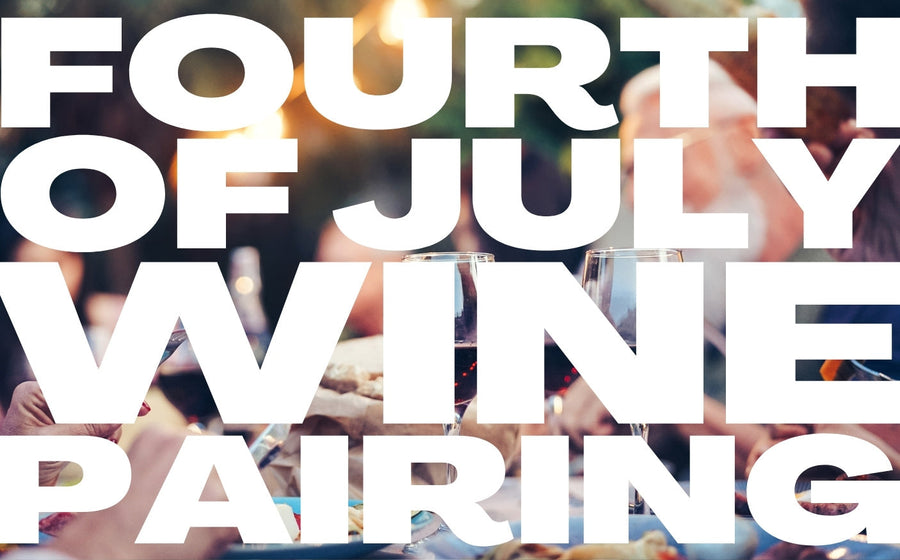
What wine should you have on 4th of July? These (All American) ones!
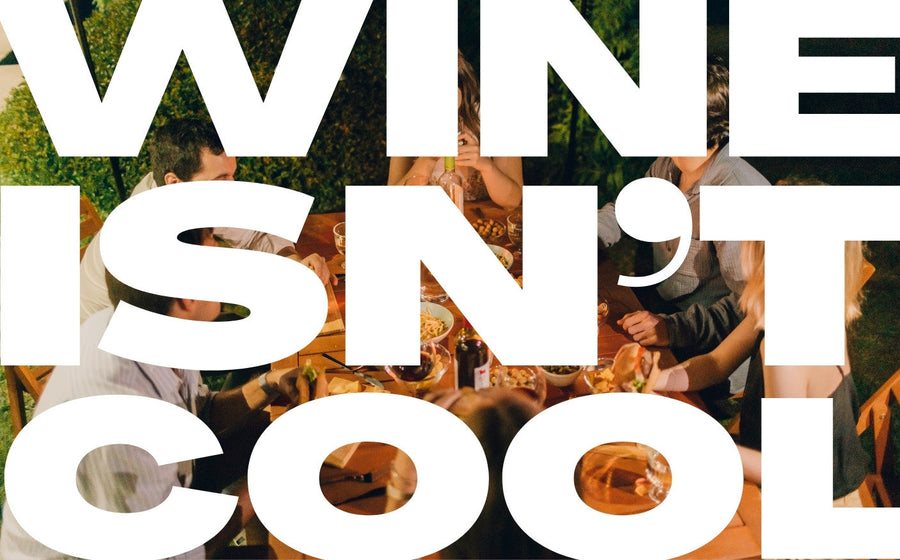
"Wine was never trying to be cool. And thank goodness for that." Every few months, another think piece declares wine dead. "Gen Z has killed wine." "Hard seltzers are the new wine." "Why wine isn't cool...
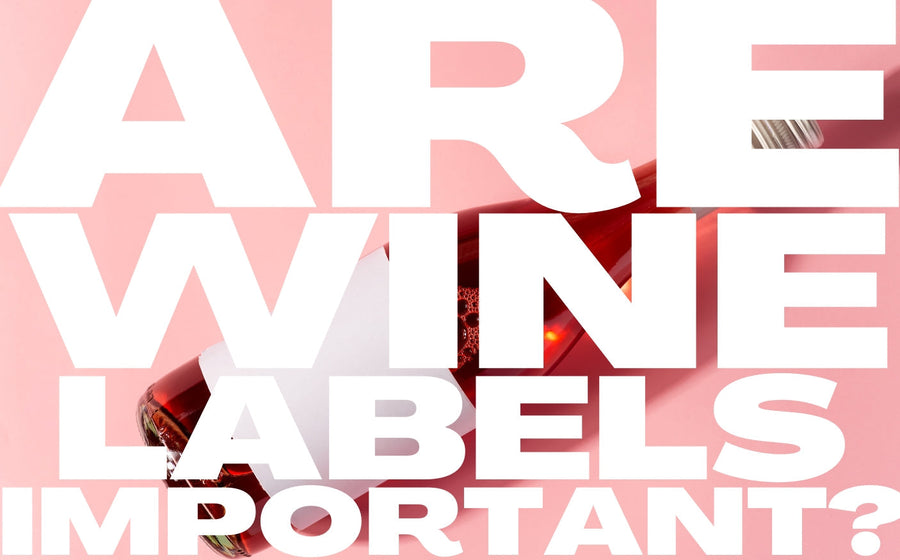
What's Below: The Foundation Introduction The Absolute Reality Real Shopping Experience Digital & Psychological The iPhone Test Psychology of Enhancement Addressing the Purists ...
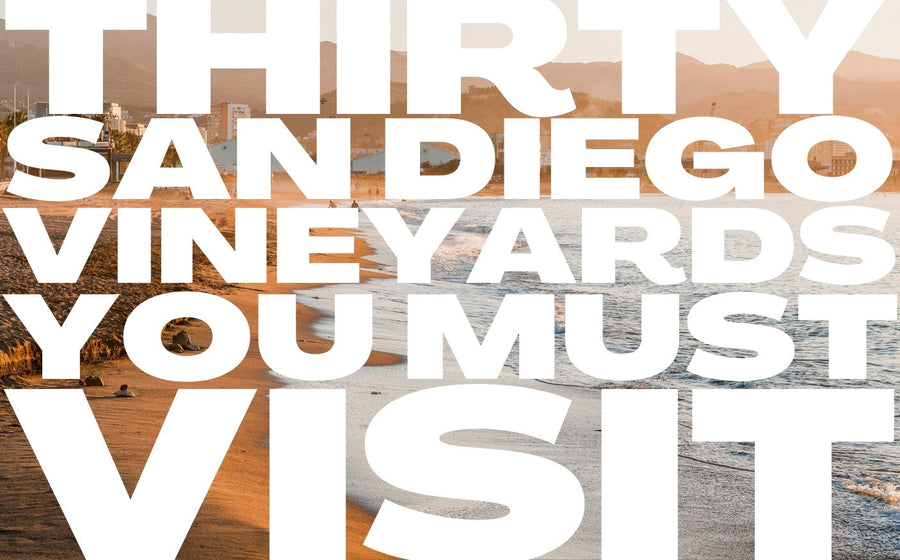
Image source: Valentina Vineyards. San Diego's top source of organically farmed wine grapes. San Diego County boasts over 172 active wineries and vineyards across diverse microclimates, from coastal va...

Italy boasts a rich tapestry of wine regions, each with its unique terroir, indigenous grape varieties, and winemaking traditions. Join us on a journey through all 20 Italian administrative regions, from int...
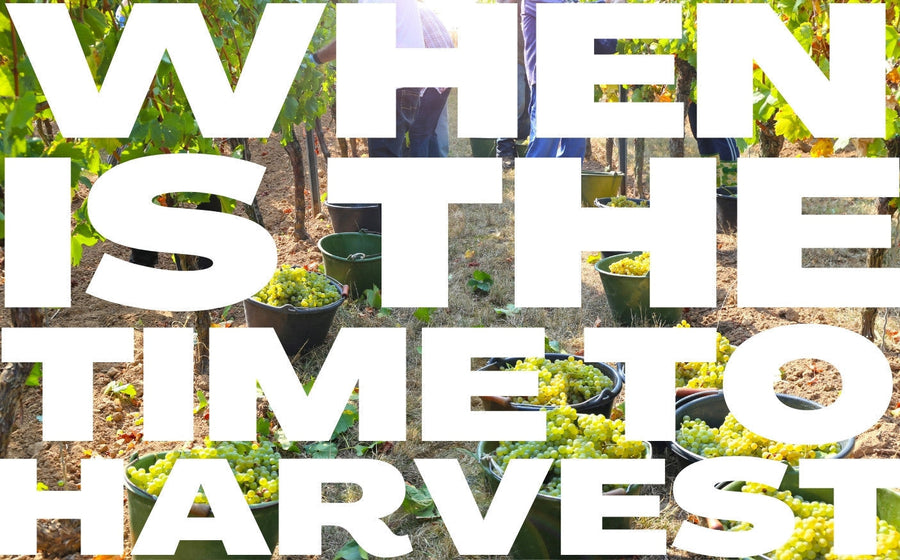
The journey of wine grapes from vineyard to bottle is a fascinating process guided by both science and tradition. Let's explore how vignerons determine the perfect moment to pick their grapes for optima...

Easter Wine Pairings That Won't Disappoint Easter is hopping our way, and whether you're hosting an elegant brunch or a family feast, the right wine can transform your gathering from merely memorabl...

Explore Sherry: Spain's Ancient Fortified Treasure Source: Consejo Regulador de los Vinos de Jerez y Manzanilla. If you are trying to get an excellent academic understanding of Sherry, its various styl...
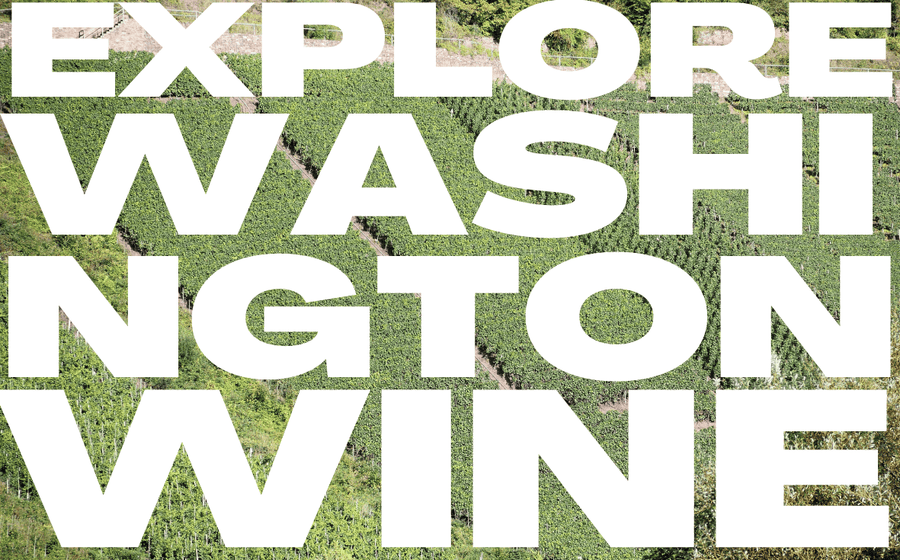
Explore Washington State Wine Source: Washington State Wine Commission. If you are trying to get an excellent academic understanding of Washington State, its various wine regions, and its role within t...


